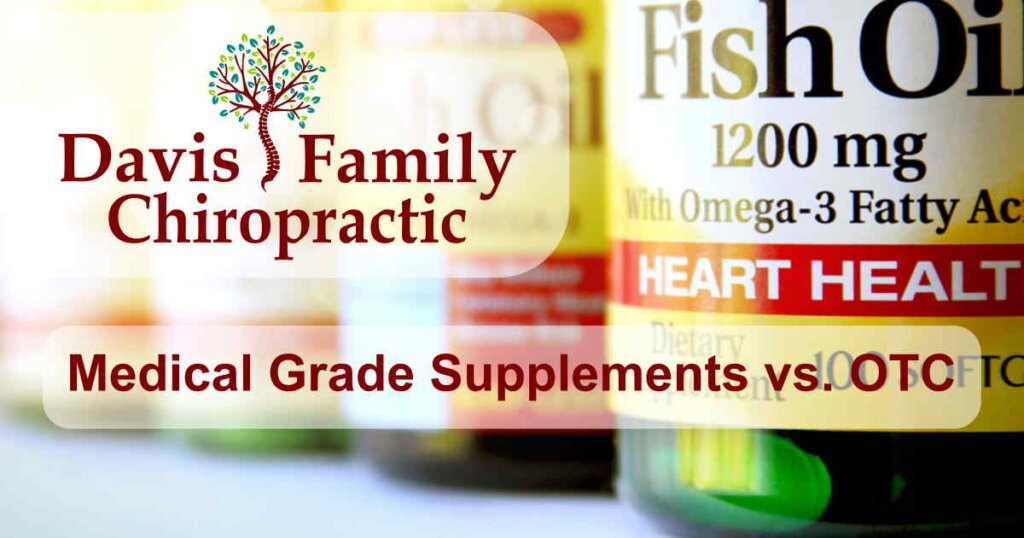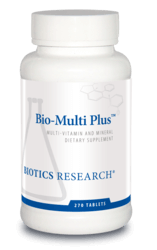In the world of vitamin and supplement marketing it is often hard to decipher who is backing up their claims and who is trying to pull the wool over consumer’s eye to make a quick buck. Even though the FDA does not have the same regulations regarding supplements as they do pharmaceuticals, that doesn’t mean you can’t find quality supplements through the correct channels. We recommend buying supplements that are available only to doctors and not over-the-counter because of the rigorous testing and quality control that they go through to reach our shelves. Also, you want to be sure what you’re putting in your body is right for you, and without the advise of your doctor that may be difficult to decipher.
Understanding the FDA
The United States Food and Drug Administration (USFDA or just FDA), a part of the Department of Health and Human Services, is the federal agency responsible for protecting and promoting public health by controlling and supervising food safety, tobacco products, dietary supplements, prescription and over-the-counter pharmaceutical drugs (medications), vaccines, biopharmaceuticals, blood transfusions, medical devices, electromagnetic radiation emitting devices (ERED), cosmetics, animal foods & feed and veterinary products.
The FDA regulates the dietary supplements we sell, but not with the same authority as pharmaceutical drugs. Although both drugs and vitamins may alter the biological make up of our bodies, dietary supplements do so through the use of common food products, not designer drugs, therefore they are considered “foods” and not “drugs” by the FDA. The difference boils down to pharmaceutical drugs being rigorously tested and regulated before they are allowed to be widely used and prescribed, while vitamins, minerals, botanicals, herbs, amino acids, and live microbials (or probiotics) are mostly regulated only after they have hit the market.
Know What You're Getting
Because dietary supplements are not approved by the FDA before they go on the market you need to be careful when selecting what brands you choose to put in your body. Medical grade supplements are often more strenuously tested and are made from more pure ingredients with less fillers and dyes than supplements you may find on the shelf at the local vitamin shop. It is not advisable to take dietary supplements without talking to your doctor and understanding the implications first. Supplements can have adverse effects when interacting with prescribed medications, therefore we always recommend divulging a list of current medications to our doctors before taking vitamin supplements.
Our Supplement Companies
Here at Davis Family Chiropractic, we deal with safe and well known laboratories to get you the highest quality supplements. These laboratories like Standard Process, MediHerb, Progressive Labs, Orthomolecular Labs, and Viotron have strict quality control in place and safe and clean laboratories where your supplements are made. You can’t just go to the grocery store and get these vitamins. We are held to a contract with these companies to only sell their supplements to consumers who have a patient-doctor relationship with us personally. One must hold a valid license of chiropractic to do business with these medical grade supplement companies. We put our trust in these companies because they have a long track record for being well regulated and controlled and providing us and our patients the highest quality ingredients.
Be Careful Where You Buy Supplements
You may find many of the same supplements that stock our shelves in retail stores or online, but we urge you to be cautious when shopping around. There have been many cases of fraudulent supplements being sold in stores and online. With us you know what you’re getting. Anyone can come up with a supplement and make claims about its effectiveness without any research or evidence, so long as they are not stating it will “prevent, treat, or cure a disease”. The FDA does not have authority over supplements going to market, they can only randomly check facilities for quality or investigate claims of adverse effects after the fact.




I appreciate that you brought up the possibility that supplements can interact negatively with prescription drugs. This is why speaking with your doctor before taking vitamin supplements is essential. I’ll be sure to let my friends and family know about this so they can keep it in mind and look into reliable stores that might be able to assist her. I appreciate you sharing!